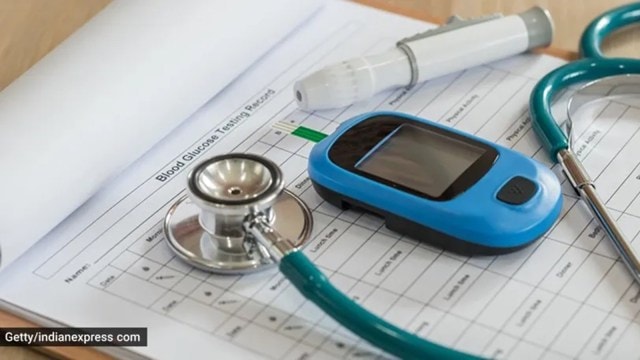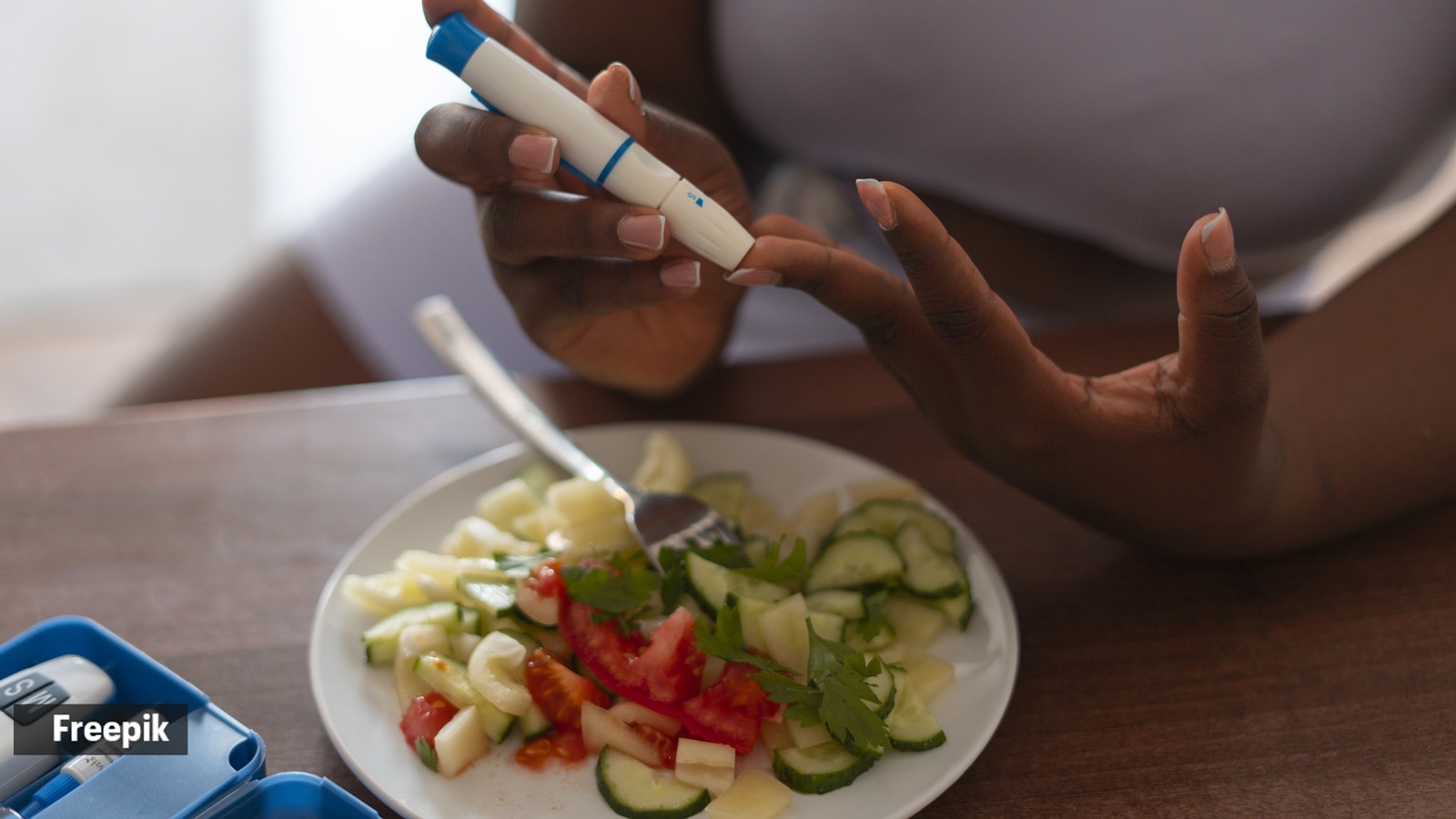📣 For more lifestyle news, click here to join our WhatsApp Channel and also follow us on Instagram
‘My fasting blood sugar is 108 mg/dL, but my HbA1c is showing 7.2 per cent. What does this indicate?’
HbA1c is considered a strong indicator of long-term diabetes risk
 Here's what you must consider (Photo: Getty Images/Thinkstock)
Here's what you must consider (Photo: Getty Images/Thinkstock)No two bodies function similarly, hence we often have various questions about what may work best for them. While health information can raise awareness, unverified news can cause panic. As such, when someone asked a question on Quora, we decided to bring you an expert’s take on it. The query? “My fasting blood sugar is 108 mg/dL, but my HbA1c is showing 7.2 per cent. What does this indicate?”
Dr Aarti Ullal, a physician and diabetologist at Gleneagles Hospital, Parel, Mumbai, noted that a fasting blood sugar of 108 mg/dL falls within the pre-diabetic range, adding that the normal range is 70–100mg/dL).
According to Dr Ullal, an HbA1c of 7.2 per cent (above 6.5 per cent) indicates diabetes. HbA1c reflects your average blood sugar levels over the past 2 to 3 months, so a higher value means your sugar levels have been consistently high, even if your fasting sugar appears only mildly raised at the moment.
Your fasting sugar might look normal during the test, but your sugar levels could still be going high at other times in the day, especially after meals, said Dr Pranav Ghody, consultant endocrinologist and diabetologist, Wockhardt Hospitals, Mumbai Central.
A high HbA1c means your body is having trouble keeping blood sugar under control.
This can happen due to fluctuations in your daily sugar levels, post-meal spikes, or inaccurate fasting values. It’s important not to rely on a single test and to consult the doctor and take tests suggested by him/her,” said Dr Ullal.
Dr Ghody asserted that it is critical not to take just one number into consideration. “An HbA1c of 7.2 indicates that your average sugar levels are high, but your fasting value might not support that conclusion. This might be due to spikes post-meals or erratic sugar control. The doctor might suggest continuous monitoring or testing your sugars post-lunch and post-dinner, in order to gather a comprehensive picture. A thorough review of your nutrition choices, exercise, stress levels, and potentially sleep may also be done to discover what is influencing an increase in your average sugar,” said Dr Ghody.
Seek further evaluation and possibly repeat the tests, and discuss lifestyle changes or treatment, if needed. “Early action can prevent complications related to diabetes, like nerve damage, vision problems, or heart disease,” said Dr Ullal.
 Check your blood sugar after lunch and dinner too (Photo: Freepik)
Check your blood sugar after lunch and dinner too (Photo: Freepik)
Make sure you take the medication on time and do not skip it. “Try to stay active throughout the day by exercising daily, eating a well-balanced diet, and ensure to monitor your blood sugar levels,” said Dr Ullal.
Could medications or lifestyle changes affect these numbers differently?
Yes, affirmed Dr Ghody and said that sometimes medications may lower fasting sugar effectively, but might not be enough to control sugars after meals. “In the same way, people may eat healthy in the morning, but eat more carbs in the evening, and thus experience spikes. Noting your habits on a daily basis and following a consistent schedule for meals and medications helps you to balance fasting and average sugars,” said Dr Ghody.
Should you be worried if only your HbA1c is high?
Yes, because that HbA1c is considered a strong indicator of long-term diabetes risk. Dr. Ghody explained that a high level may indicate your body is exposed to elevated sugar levels for extended periods, even if your fasting level appears normal. “This raises the risk of complications, so every individual should be taking action early on and getting guidance to make the required lifestyle or medication changes. Consult your endocrinologist or diabetologist in this case,” said Dr Ghody.
DISCLAIMER: This article is based on information from the public domain and/or the experts we spoke to. Always consult your health practitioner before starting any routine.
📣 For more lifestyle news, click here to join our WhatsApp Channel and also follow us on Instagram






- 01
- 02
- 03
- 04
- 05





















